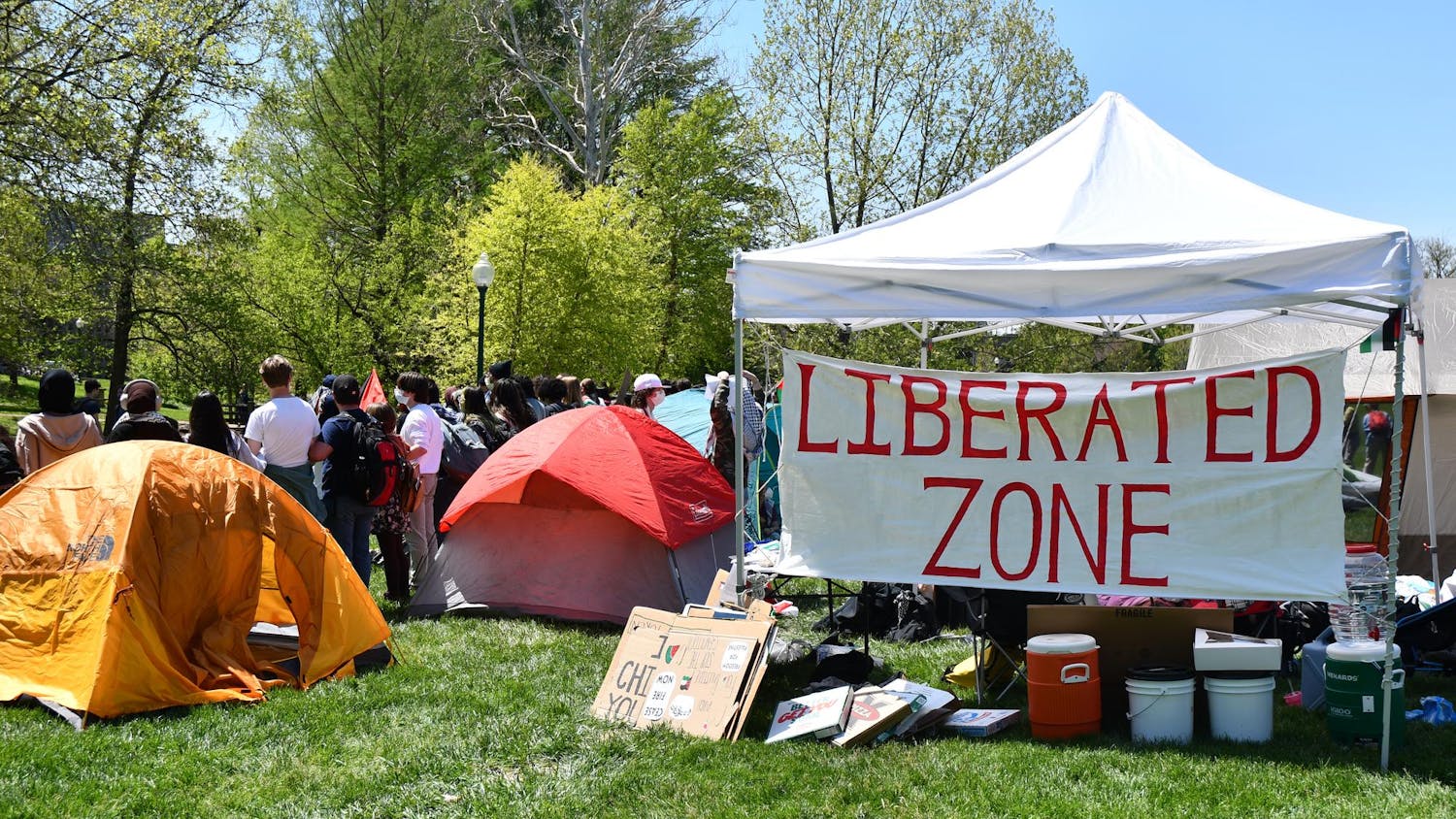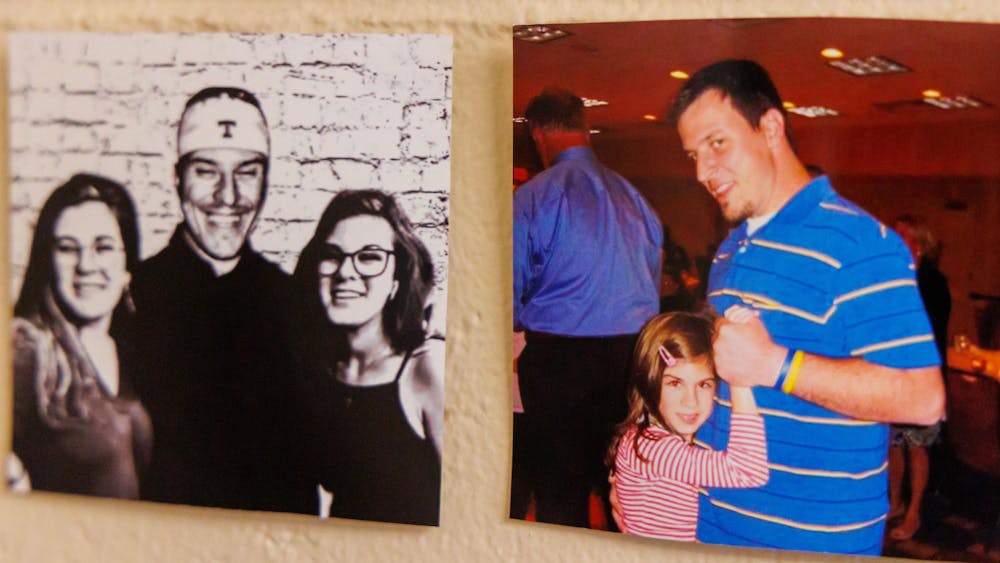The notion that Americans are living in the so-called “post-9/11 world” has become fairly commonplace. The phrase has entered everything from classrooms to newsrooms to living rooms. The line dividing time and history can be drawn at 8:46 a.m., Sept. 11, 2001. The 10th anniversary of the attacks has provided an opportunity to consider ten ways 9/11 has changed the daily lives of Americans.
1. Arab profiling
As soon as the hijackers were identified and an Islamic extremist connection was confirmed, the world for Arabs in the United States and abroad changed. From double glances on the street to difficulties traveling to hate crimes, Arab-Americans are still forced to deal with the stereotypes that have developed in the post-9/11 world.
2. Leave the Listerine at home — Airport security
Starting on Sept. 12, 2001, with the prohibition of knives, razors and manicure sets in carry-on bags, airport security has increased to levels higher than anyone would have expected 15 years ago. It has led to even longer lines and scores of controversy involving the Transportation Security Association’s regulations. The most recent additions to security measures in March 2010 gave the choice between a full-body scan or a body search at airports, but it had travelers up in arms concerning their invasion of privacy.
3. “I want to be Jack Bauer” — Television and movies
Hollywood is continually impacted by the events of Sept. 11. While the films “United 93” and “World Trade Center” were both well-received, critically acclaimed tributes to the tragedies of that day, neither seemed to have the pop culture impact of the TV series “24.” The show’s first season, which was, ironically, filmed prior to Sept. 11, revolved around a fictional man named Jack Bauer who never seemed to sleep. The show glamorized terrorism prevention and made Bauer a hero who had everyone cheering when he would beat terrorists at the end of the day.
4. Wars in Afghanistan and Iraq
An estimated $3.2 trillion to $4 trillion and counting have gone to fighting various wars in the Middle East in the last ten years. More than 6,000 military and thousands more Iraqi, Afghan and other Middle Eastern people have been killed.
5. “May I check your bag, miss?” — Loss of privacy
Having your bag searched has become as commonplace as having your ticket ripped or scanned before a concert or sporting event. Many don’t think twice about it anymore, but some resent the invasion of privacy.
6. “May I also listen to your phone conversation and read your email, miss?” — The Patriot Act
Signed into law on Oct. 26, 2001, the Patriot Act dramatically improved law enforcement agencies’ legal ability to search telephone and email communications, as well as medical and financial records. Most of the talk concerning the constitutionality of the act has receded. President Obama signed a four-year extension for the wire-tapping, business records searches and surveillance conduction of suspected terrorists on May 26.
7. Flag pin popularity
Within days of the attacks, they became as popular, and necessary, among politicians’ wardrobes as the suit and tie upon which they were adorned. At first seen as a sign of noble patriotism, they later became the crux of controversy during President Obama’s run for office in 2007 when he was observed not wearing one on the campaign trail. Accused of being anti-American, he said, in an interview with KCRG-TV in Iowa City, Iowa, the pin “became a substitute for, I think, true patriotism.
“I decided I won’t wear that pin on my chest,” he said. “Instead, I’m going to try to tell the American people what I believe will make this country great, and hopefully that will be a testimony to my patriotism.”
8. The New York skyline
Since their erection in the early 1970s, the Twin Towers played a notable role in dozens of movies and TV shows that can be watched today. Appearances that once romanticized the beauty of New York now seem eerie from today’s perspective. “Sex and the City,” “Saturday Night Fever,” “Independence Day” and “Stuart Little” all show glimpses of the towers rising above the city’s skyline.
9. “Where were you when …” — Personal memories
Like JFK’s assassination for our parents’ generation, we remember where we were and what we were doing when we were told about that planes had crashed into the twin towers, the Pentagon and field in Pennsylvania. We are reminded of these memories each time someone talks about the 9/11 attacks.
10. G.I. No — High unemployment, homelessness levels for veterans
There are more than 9,000 Iraq and Afghanistan veterans who have been homeless since returning from the Middle East, according to the U.S. Department of Veteran Affairs. Many estimate these numbers will continue to rise as soldiers return home and are forced to focus on civilian life while they endure physical and emotional trauma.
Ten years, 10 changes
Get stories like this in your inbox
Subscribe





